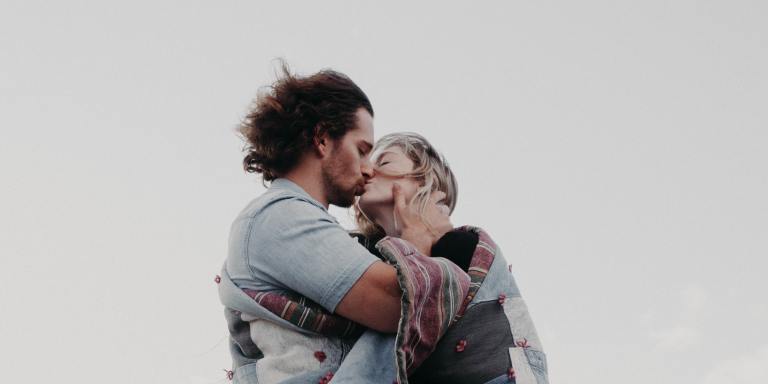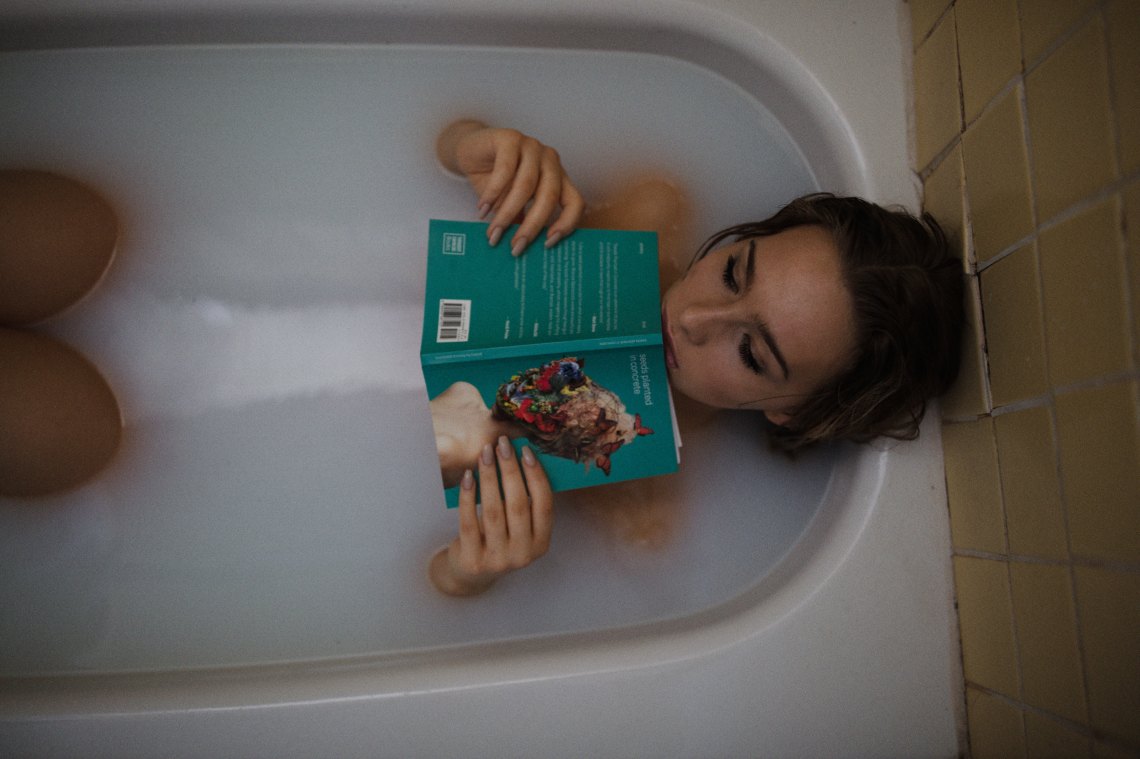
Is Lang Leav’s poetry bad or good?
This is a question I’ve been asked numerous times by my peers and by strangers or readers of my own poetry. My aim is not really to defend or talk about Leav. I am mainly using her as an example and representative of pop poetry, because her name and work are what often gets discussed in a snarky, negative way (at least in the online Filipino lit-community).
Most if not all people I’ve heard saying Lang Leav makes “shitty and toxic” poetry are Filipinos. I question whether the overboard expressions of dislike stem from some deep-rooted colonial mentality or other, because these same people mocking Lang Leav sure as hell stan for white or white-passing poets who write the exact same kind of poetry or (in my opinion) worse.
Several of the same individuals who bemoan Leav for being “boring” and “so generic a child could dissect her writing”, praise similar non-asian poets for being “lyrical” and “touching”. Other people, meanwhile, brand Leav’s and similar artists’ work as fake poetry. Real poetry, according to them, is Charles Bukowski, Sylvia Plath, Virginia Woolf, etc.
I began to ask myself – is hating Lang Leav and other tumblr/instagram/internet pop poets the new trend? Why are people ridiculing other people based on the innocuous kind of poetry the latter likes? What is the problem with pop poetry in the first place?
“Lang Leav is my secret guilty pleasure.
[That kind of writing is] not really profoundly poetic and yes I agree she takes a very superficial stance on love, almost as superficial as Disney movies. But you mostly read her poems to press on your bruises and reflect on yourself since these kind of poems are so simple to digest and you don’t really have to think deep about [its] surface-thin meaning…
You don’t watch a Disney movie and immediately think some knight in shining armour [is coming to] save your ass. And even if [one does], some lessons you have to learn the hard way, not by reading poems… I think [Lang Leav is] doing a very good job introducing poetry into the lives of young girls all over the world, making it appeal to the [general population]!“ – Ros Maizura
The truth is pop poetry is relatable and digestible, even to those who are non-native English speakers, or to those who were never interested in poetry, or to those just beginning to discover poetry.
While it is obvious Bukowski and company are in a different league from a scholarly view, internet viral pop poetry has an edge: it is accessible, easy to understand, and relatively simple.
Have we not considered that many readers did not get the privilege to be exposed to classical writers or acclaimed famous Western writers? Have we ever thought that not everyone has had the opportunity to be exposed to so-called better poetry as we have?
Are Bukowski’s metaphors and Plath’s themes more diverse than Leav’s and other pop poetry? Yes, in my opinion. But not everyone can relate to or are captivated by these styles.
Is Woolf’s vocabulary more verbose than Leav’s and many pop poets? Yes. But then again, language evolves. The romanticism of the early 1900s is not often used today. The social and personal background of the author also comes into play with regards to their writing style.
Also, let’s be real here, not everyone takes pleasure in reading classic English literature, especially those who are not fluent in English or interested in this art form.
Poetry, like any other art, is subjective.
Allow me to go a bit off-topic here by using this analogy: I think balot (duck embryo) is delicious, but you or others probably think just the description of it is gross. It doesn’t make it any less delicious for me just because others don’t like it, nor does it make it any less gross for you/others just because I/others like it.
Like I still am not able to bring myself to finish reading Moby Dick or The Lord Of The Rings, because these books don’t appeal to me. If I don’t appreciate Moby Dick, does it make any less of a classic? No. If I find The Lord Of The Rings uninspiring, is it any less of a masterpiece? No.
It’s a bit classist and snobby of us to look down on readers and lovers of Lang Leav and other such writers. Who are we to tell what people should read or not read? What they should like or not like?
It would be great to encourage people to broaden their reading preferences, but acting condescending towards them is not the way to do it. Reading needs training and discipline. You can’t just chide people for not having the luxury of time to peruse diverse books, develop their tastes, or increase their attention-span.
Newsflash: not everyone goes to University for a degree in the Arts and Sciences, or likes Woolf, Bukowski, etc. or chooses to read poetry for the purpose of dissecting each stanza. These people are allowed to enjoy poetry like Lang Leav’s. Even a lot of University graduates and professionals enjoy pop poetry, and they, too, are allowed to enjoy it.
Then there’s the case with Rupi Kaur. If we take out the (currently unproven) plagiarism allegations and talk only about the quality of her work, the criticism has been just as polarizing. Her poems have been called “lazy” and “cheap poetry”, and readers of her poems “too impatient for deeper words”.
There may be a level of entitlement and resentment in this, too. A few internet poets who are not as well-known as Leav or Kaur have voiced that these two are undeserving of their popularity because “I am better than her, but unfortunately publicity wins over better content.” The shade is real.
“Everyone has their own way of writing. [Non-fans] have the whole right to express [their] opinions. But then Rupi Kaur does, too. Everyone goes through different circumstances in life. Everyone is carved out as a different sort of a writer. Everyone cannot be the same or as touching.
She is who she is, you are who you are. There are some people who are moved by her poetry, too… Writers have the heart to accept all other writers.” – Kuhu Nagpal
It’s understandable that whatever is popular may debatably not be of high quality, but, then again – this is not 50 Shades Of Grey we’re talking about here. There must be something in these poems that attracts followers, even if some of us do not vibe with them. And that’s okay. Pop poetry has a different audience which appreciates that type of writing, theme, and aesthetic, and that’s fine.
Poetry has always been an open venue where one could express one’s self and talk about one’s experiences. What happens to this fundamental trait if a choice few pushes their individualistic “good taste” as the norm, and rejects anything else as “bad taste”?
Poets usually write from a personal, vulnerable place. To see people needlessly drag Lang Leav, Rupi Kaur, and other similar poets for their virtually harmless work baffles me, especially taking into account these people have no problem praising or supporting mediocre white artists whose work are actually, blatantly toxic. It’s as if the online shame culture usually reserved for more serious things such as racism, has seeped into more trivial things such as personal preferences.
The discussion around Leav and pop poetry, at least to me, sounds very fake deep: “You like Lang Leav? You’re not a REAL fan of poetry, you’re a FAKE FAN!!”
“PSA: please don’t feel pressure to write political poetry if you’re a writer of colour. I promise we will make a world that doesn’t celebrate you only when you feel and look “exotic.” your own stories are worth telling whether they change the world or not.” – Orooj-e-Zafar
The weird classism and elitism emerging in poetry circles needs to be addressed. To be clear, we’re not really talking about the mentioned poets here, we’re talking about the readers and how they’ve been treating other poetry enthusiasts.
Who are we to decide what others, especially those new to poetry, should like and dislike? Allow people to experience and discover literature as they will. Advise but don’t chastise.
To say “I don’t like *insert X poet*” is a non-issue. What’s problematic is throwing shade and outright laughing at people who like something you dislike, which is beginning to be the case these days.
The way so many young people trash talk Lang Leav’s poetry and other pop poems (and likewise the fans), you’d THINK the writing were as toxic, harmful, sexist, and shit as Pretty Little Liars, The Twilight Saga, or Blurred Lines by Robin Thicke.
It’s alright to make book or author suggestions, or even to explain (in a non-derisive way) why you do not like a certain poet’s work. But, please, never ever be snarky or patronizing towards other poetry lovers just because you do not like mainstream and/or internet poetry. This should not be how we stimulate people to explore this wonderful art form. ![]()
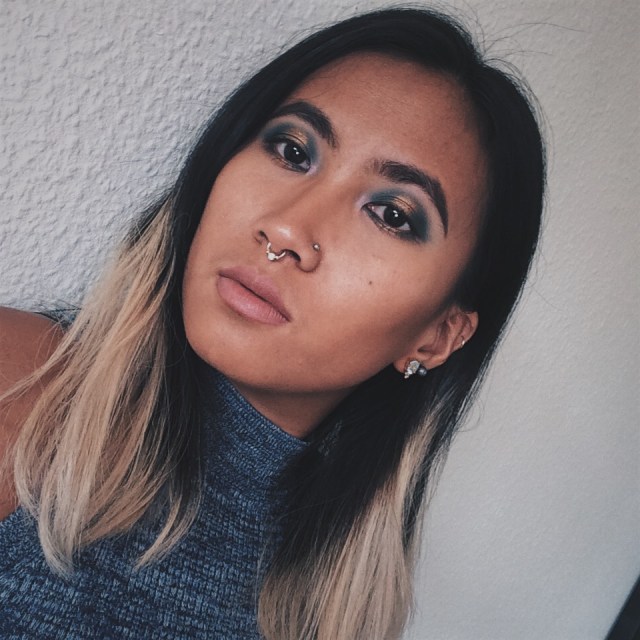
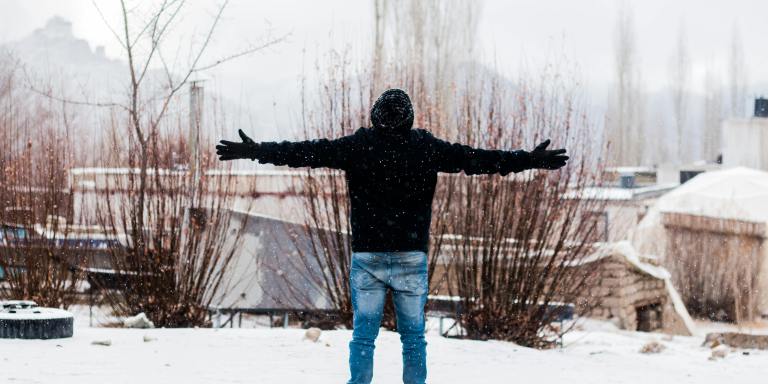

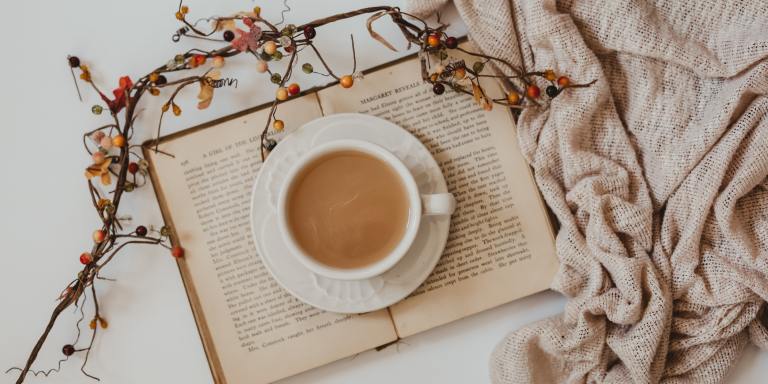
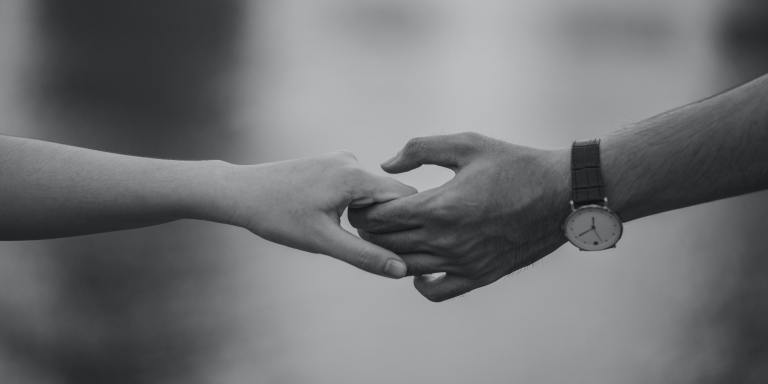
![350+ Best Love Messages to Send Your Forever Person [2022]](https://thoughtcatalog.com/wp-content/uploads/2020/11/Love-Messages.jpg?w=768&h=384&crop=1)
